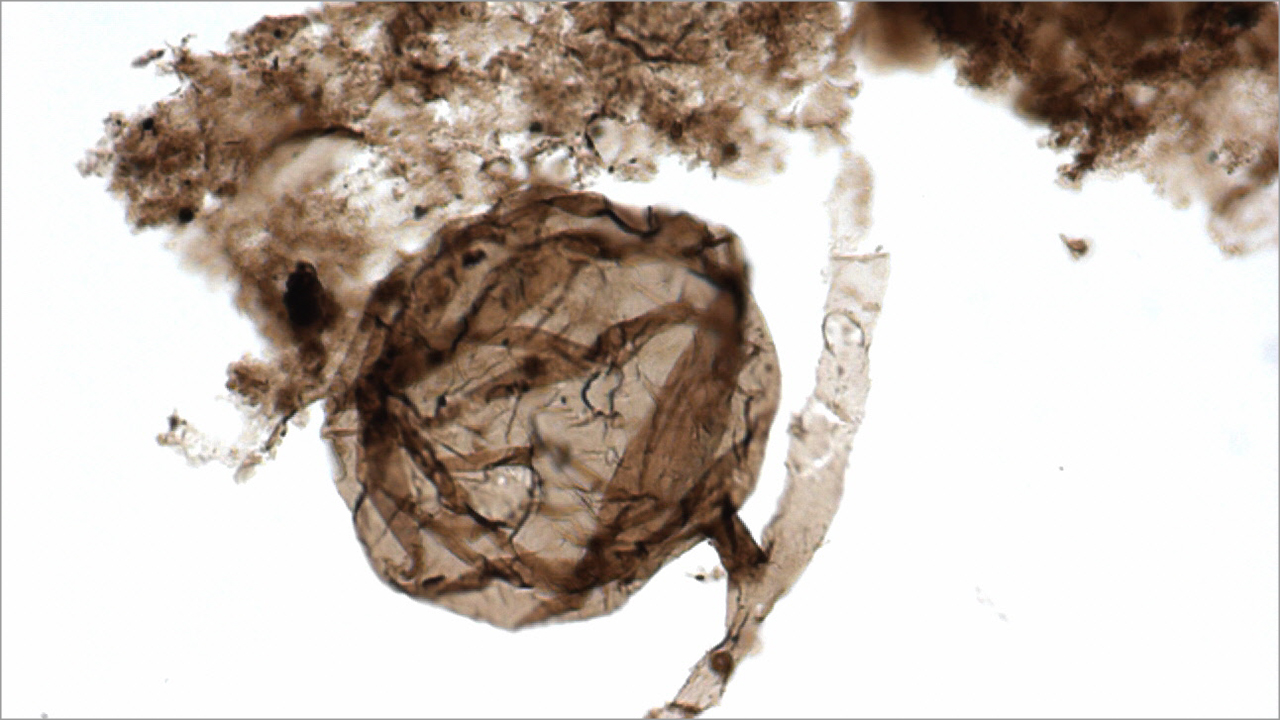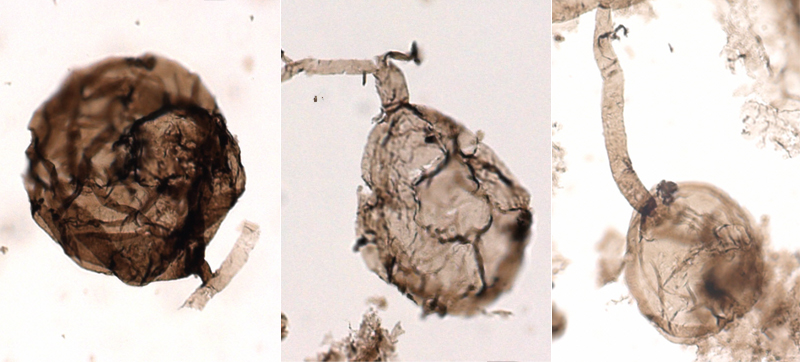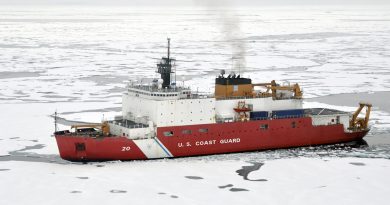Fossil of world’s earliest fungus unearthed in Canadian Arctic

Scientists have unearthed fossilized fungi in the western Canadian Arctic dating back up to one billion years, nearly half a billion years earlier than previously thought, according to research published in the journal Nature.
The discovery of these microscopic and surprisingly intricate ur-fungi, with filament-like structures could reshape our understanding of how life on land evolved.
For decades, the earliest known fungi — organisms such as mushrooms, mould and yeast — was thought to have appeared on Earth about 500 million years ago.
But the fossil specimens found in shale rocks in the Grassy Bay Formation, in the Northwest Territories, appear to push back the fungi’s arrival by another 500 million years.
Palaeobiologist Corentin Loron, a PhD student from the University of Liege, Belgium, and colleagues examined the microfossils to determine the chemical composition of their cells.
Working in collaboration with scientists from the Geological Survey of Canada, the Laurentian University (Canada) and the CNRS (France), Loron discovered many specimens of the organic-walled microfossil Ourasphaira giraldae.

Researchers say these multicellular microfossils, dated between 1000 and 900 million years ago, have a morphology characteristic of fungi and a wall made of chitin, a fibrous compound that forms fungal cell walls.
If confirmed by further research, this would represent the oldest occurrence of chitin.
Loron said the finding was significant because in the “tree of life”, fungi are part of the same umbrella group of organisms — known as Eukaryotes — as plants and animals.
Fungi remain one of the most abundant organisms on the planet and are the third largest contributor to global biomass after plants and bacteria.
It is six times heavier than the mass of all animals combined — including humans.
Related stories from around the North:
Canada: Narwhals have survived 1 million years despite low genetic diversity: study, CBC News
Greenland: Evidence of powerful solar storm which occurred 2,600 years ago found in Greenland ice, CBC News
Norway: Arctic underwater forests set to expand with rapid warming, Eye on the Arctic
Russia: Scientists surprised to discover meteor exploded over Bering Sea in December, CBC News
United States: Paleontologists discover Arctic’s first-ever lambeosaur fossil in Alaska, CBC News



